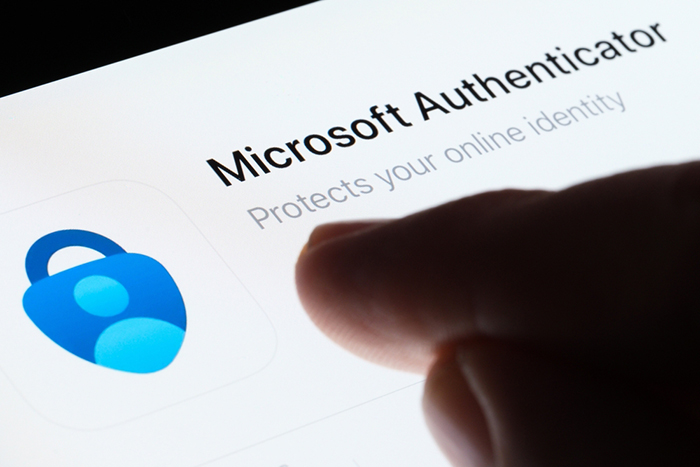
At some point you, or someone you know, has been exposed to some of these Microsoft security risks. Things like a suspicious link in an email or someone impersonating someone you know.
Office 365 emails have become an essential tool for business. With the widespread adoption of cloud-based platforms like Microsoft Office 365, it’s vital that your security and data privacy is up to scratch.
Potential Microsoft Security Risks
Microsoft Office 365 offers vigorous features for email management and collaboration. However, it’s good to be aware of potential Microsoft security risks that could compromise your sensitive data. These include:
- Phishing attacks where cybercriminals attempt to deceive users into revealing sensitive information through fraudulent emails or websites.
- Data breaches where unauthorised access to your Office 365 email account can result in data leaks, leading to reputational and financial damage.
- Malware and ransomware where an email attachment or link serves as a gateway for malicious software that then compromises your network.
Insider threats where employees inadvertently (or deliberately) enable data breaches by mishandling sensitive information or not following best practices.
8 Ways To Minimise Microsoft Security Risks
To enhance the security of your Office 365 emails and safeguard your valuable data, consider implementing the following measures:
1. Admin Privileges
Ensure the protection of your administrator accounts by implementing appropriate security measures and following the principle of least privilege. Administrator accounts, also known as admins, have higher privileges and are therefore prime targets for cyberattacks.
2. Multi-Factor Authentication (MFA)
Enable MFA to add an extra layer of protection by requiring users to provide multiple forms of verification for account access. A cyber criminal may be able to acquire a username and password, for example, but it becomes more difficult for them when they need additional information to gain access.
3. Email Encryption
You can protect the content of your emails from unauthorised access by using email encryption technologies, ensuring safe communication on office 365 emails.
4. Advanced Threat Protection (ATP)
Enable ATP features to defend against sophisticated threats such as phishing attacks, malware, ransomware, and keylogging.
5. User Awareness & Training
Educate employees on email security best practices. Teach them how to recognise phishing attempts, avoid suspicious links, and use strong passwords on their MS 365 accounts.
6. Regular Security Assessments
Conduct regular security assessments and audits to identify vulnerabilities and implement appropriate mitigation strategies.
7. Data Loss Prevention (DLP)
Implement DLP policies to automatically detect and prevent the accidental or intentional sharing of sensitive information through email.
8. Microsoft 365 Apps
Microsoft 365 Apps allow for seamless work integration across devices, easy document access and reduce the need to send sensitive data via email or other platforms.

Microsoft Security Experts
With email playing a critical role in modern business communication, it’s essential that yours are secure.
9spheres Technologies a preferred Microsoft 365 partner in Brisbane. We can help your business get set up and ensure that you have the very best in Microsoft security and performance. Give us a call today on 07 3149 3447 or click below to view our managed IT services in Brisbane.
FAQs
Secure your Office 365 email by enabling multi-factor authentication, utilising email encryption, implementing advanced threat protection, and conducting regular security assessments.
Manage security and privacy in Office 365 by configuring security settings, enabling security features like ATP and DLP, educating users on best practices, and regularly monitoring and reviewing security logs.
Microsoft 365 email security refers to the suite of features and capabilities provided by Microsoft to protect and secure emails within the Office 365 environment. These include multi-factor authentication, encryption, advanced threat protection, and data loss prevention.









